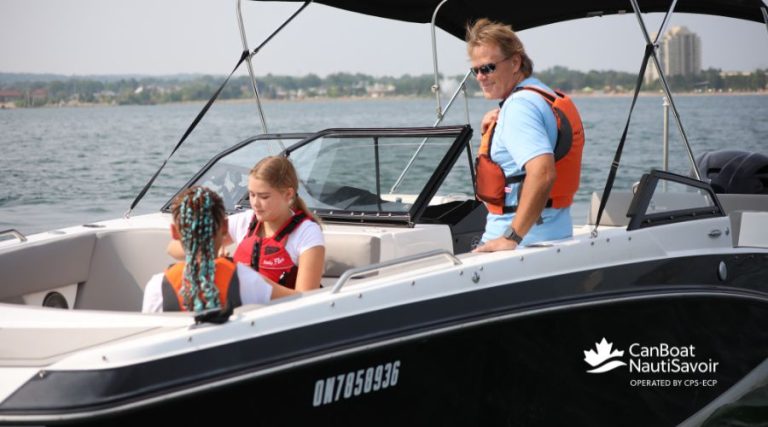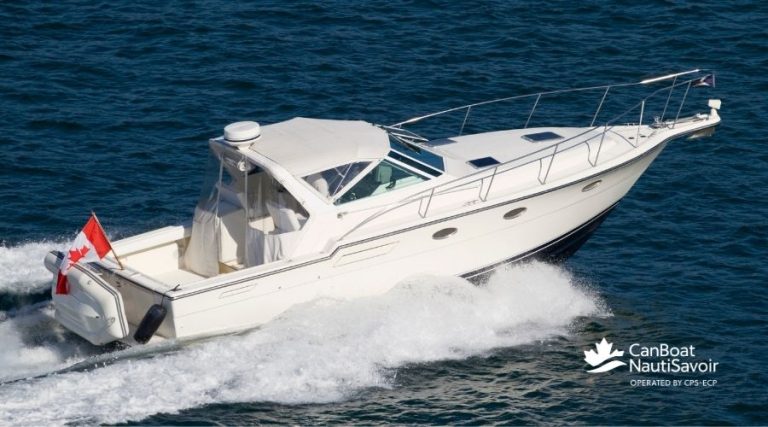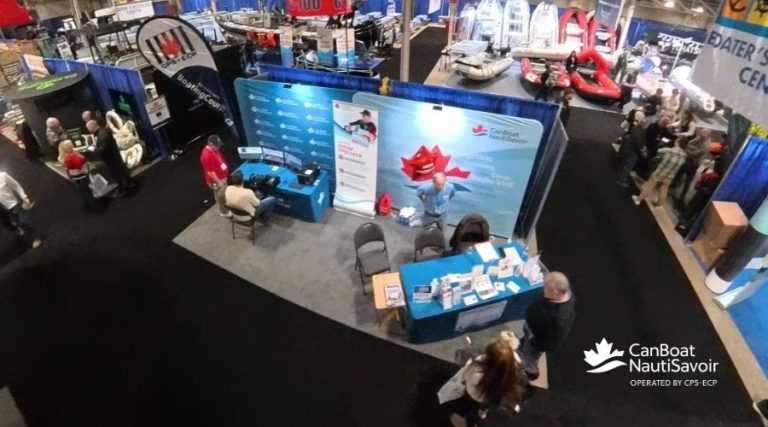Tips for Buying a Boat Online

July 9, 2020
Much has been written about inspecting a used boat and making the purchase, and for good reason. If you haven’t brushed up on those skills lately, a simple Google search yielded no fewer than 29 million results. One of the most important hits is from Transport Canada. Despite all the resources on making a wise purchase, there are precious few tips for actually searching for the right boat or how to post a good classified ad that will help you sell your item quickly and for a fair price. Have you ever wondered how to find great deals or rare items? This is something of a hobby for me and I have had great success. On many occasions I have found an item by careful searching, purchased it, and then resold it for significantly more with little more than a better written and published ad.
Assuming that you know what you are looking for, in this issue we will look at how to conscientiously scour the classified ads for that special deal.
A different take on searching the classifieds:
• I use online resources like www.kijiji.ca, www.craigslist.ca, www.trader.ca, www.ebay.ca and others.
• Don’t avoid print ads or grocery store bulletin boards, though these are more old fashioned they have been seen by far fewer people and may just be what you are looking for.
• Before you start searching, expand your search radius. Sites like http://www.trader.ca allow you to enter your postal code, and then pick a radius in kilometres. http://www.kijiji.ca allows you to pick a city, but a little-known fact is you can simply select a region, or even a province. Searching a larger area allows for considerably better results. I frequently search all of Ontario. Though I live in the GTA, searching a wider radius allows for more hits and the regions outside the city have statistically less traffic, so the ads are typically seen less.
• Choose your search terms carefully. If you are looking for something specific, think about all the names sellers may be calling it. For example, if I am searching for a VW Beetle, a search for “Volkswagen” would return all ads that have the term “Volkswagen” but not “VW” or the common misspelling “Volkswagon”, or the cars that are advertised simply as “Beetle” or “Bug”. In recent times the search algorithms have improved and this is becoming less of a problem, but I still see it as an opportunity to find a special deal that may not be reaching its target audience because it is missing keywords. A common marine instance of this is when searching for outboard motors. Searching “outboard” will return many ads, but what if it is advertised simply as “motor” or “engine” or “6hp Evinrude” or “20hp Mercury,” etc. As a rule I think of all the potential terms and search all of them and common misspellings of the terms.
• When browsing by category, be wary of poorly categorized ads. I have scored a number of deals in the past on items that were posted accidentally in the “Wanted” section, an area that few people search when looking to buy something.
• Most sites allow you to refine their searches. For example, you can choose a price range (say $5,000 – $10,000) or a year range (1990 – 2002). Though this quickly narrows the search, it also eliminates any ads that haven’t included this information in the right field when posted. If you are looking for a 1998 Sea-Ray, you could miss your dream boat if you’ve refined your search by year but the seller simply listed it as a “Sea-Ray” or a “98 Sea-Ray” in the body of the message.
• If you find an ad that interests you, act quickly. If there is a phone number, call it. Sellers tend to respond to a call as a much more serious level of interest than an email. If there is no phone number, write a simple and clear message and provide your phone number. At this stage I often ask for the seller’s best price. It is surprising how often the list price drops with the initial email.
• Sometimes a seller won’t include their phone number, but try clicking on the “seller’s other ads” link before you respond. You might be surprised how often the same seller has another item listed with their phone number included.
• Once you make contact, work to make the process as easy as possible for the seller. For example, be clear about your availability to see the item and make an appointment right away. The more “ifs” that you pose the less likely the seller will be to do business.
A word of warning: Searching will become addictive. Unfortunately, the more time you spend searching classified ads, the more scams and ill-meaning ads you will find. If something appears too good to be true, it probably is. A $15,000 boat listed for $3500 is a pretty strong indicator of a problem. Often these ads will include a stock image taken from another spot on the web. Look for the clues – if the ad is posted locally, but the registration of the boat or the license plate on the trailer is from afar, it is likely the seller is putting you on. If you receive responses saying “I have moved overseas but the boat is located locally, we can complete the sale through Ebay’s seller protection program” or something similar, this is a scam, so simply erase the email, or send it to spoof@ebay.com, or spoof@paypal.com, both emails will trigger an investigation that will advise if the email you have received is legitimate.
It is also your responsibility to transfer the vessel licence number to your name.
Don’t forget to protect your investment by registering for a CPS-ECP Boating Course
-Article by Bradley Schmidt
Brad Schmidt has been a member of Canadian Power and Sail Squadrons for 13 years, and contributes his column The Jet Set to their Port Hole publication regularly. Initially geared towards personal watercraft owners, the column has expanded to include trip reports, how-to articles, and general thoughts on boating in smaller craft. Brad cottages with his wife Vanessa on Lake Kashwakamak in North Frontenac, Ontario.




























